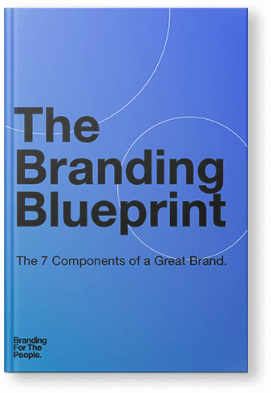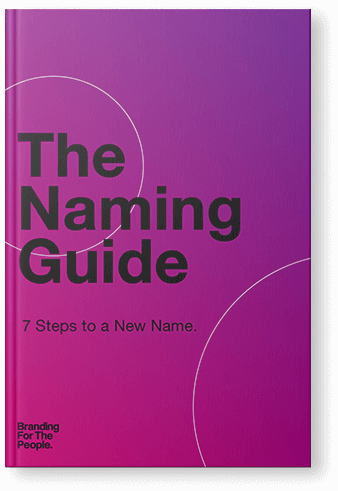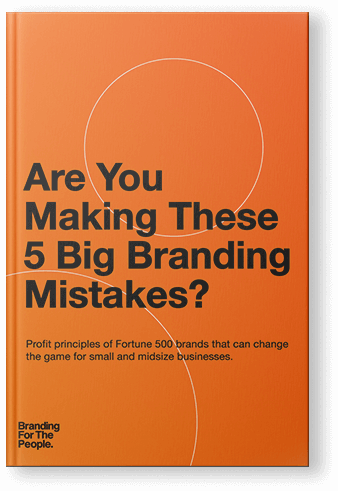Few things annoy consumers more than an empty Brand Promise.
You know the feeling. When a brand promises, “The very best service” yet fails to deliver a great experience. When your brand promise is the world and delivers a little blue marble, you lose faith in them. Trust is eroded.
When a brand fails to deliver on their Promise it damages the brand considerably. It becomes a lie, and just like momma said, you should never lie to me.
When it comes to your Brand Promise you must get it right, and deliver on it consistently or consumers will start mocking you and flocking to competitors. But first let’s begin with the basics of what a brand promise is.
What is a Brand Promise?
A brand promise is the higher-order emotional benefit experienced by the brand’s target audiences. It is the value a customer expects to receive every time they use a product or service or interact with the company.
Given that the brand promise is the expected value offered by a company, in many ways, the brand itself is the promise. The branding efforts of a company define the positioning of the brand – what it stands for and what it promises to deliver. So in that sense, besides marketing, branding should touch every single aspect of the company – from start to end including how it manufactures, markets, sells, and distributes its products or delivers services.
Naturally companies that deliver on their promise have a better shot at retaining existing customers and acquiring new ones. Since the promise meets the expectation, the value of a brand is elevated in the minds of customers and establishes a solid footing therein.
Interestingly, a brand promise helps both customers and employees. Customers know what to expect from the brand whereas employees receive direction in terms of how and what value they’re expected to deliver. It’s easy to see how a brand promise can help organizational staff make better decisions – every time they’re interacting with a customer either directly or indirectly.
Make Brand Promise worth something.
There’s no point deploying a clever catch phrase if it doesn’t reflect your customer experience.
In fact, it’s best not to deploy it if you can’t fulfill your Brand Promise company wide, from the sales pitch to the final product/service delivery.
What do effective Brand Promises offer that most do not? Clear value, thanks to one, two, or all of these traits:
01. Purpose
There’s a good reason the “purpose economy,” led by companies like Whole Foods, is catching fire. It’s focused on improving lives and communities. It’s culture and values-driven, not profit-driven. And it resonates with consumers on an emotional level.
It’s the emotional piece that separates the best Brand Promises from the rest.
A Brand Promise with purpose speaks to the heart. It makes consumers feel good about supporting the brand, as both loyal customer and outspoken ambassador, for any number of reasons.
Emotional appeals like these are hard to resist. That’s what makes these Brand Promises so powerful and enduring.
Brand Promise Examples
Example 01. Tom’s Shoes – The One for One Company
Example 02. Lexus – The Pursuit of Perfection
Example 03. Disney – Wholesome Entertainment
02. Meaning
When a brand acts in accordance with its Brand Promise, especially if that means putting principles over profits, consumers take note.
CVS Health, whose Brand Promise is “Health Is Everything” recently ended tobacco sales at its pharmacy locations while also initiating a social media campaign encouraging smokers to quit.
These moves drew attention and praise from all over, consumers, celebrities, political leaders, and the American Medical Association, among others.
CVS could have limited its rebranding to a name change and new logo. Instead, it made good on a clearly meaningful Promise.
03. Accountability
Measuring a Brand Promise is hard to do, but if you can actually measure your achievements in accordance to Brand Promise, well that’s pretty incredible.
Think Geico’s “15 minutes or less” Brand Promise. You can see for yourself if it takes you 15 minutes to save 15% or more on car insurance. If and when you do, it reinforces your trust in Geico. They made a promise and kept it.
Another great example is Southwest Airlines “Transferency” initiative. The promise, “Low Fares, Nothing To Hide” is clear, concrete and measurable. You yourself can hold Southwest accountable if you are hit with unexpected fees.
To consumers who have grown weary of empty Promises, a promise that they themselves can hold you accountable to is a breath of fresh air.
The perception of your brand hinges on your ability to deliver on Brand Promise. Consumers won’t take kindly to your emotional appeal, demonstration of principle, or concrete service guarantee if the experience isn’t consistent with the message.
Think long and hard about what promise you are making to your customers. Your promise is more than a sexy tagline. It’s a statement of your integrity.
Are there any Brand Promise attributes you’d add to this list? Are there any examples of Brand Promise you find particularly effective? If so we’d love to hear them from you!
Visit Branding For The People, If this article was useful, please share it with others and/or submit a comment below.







